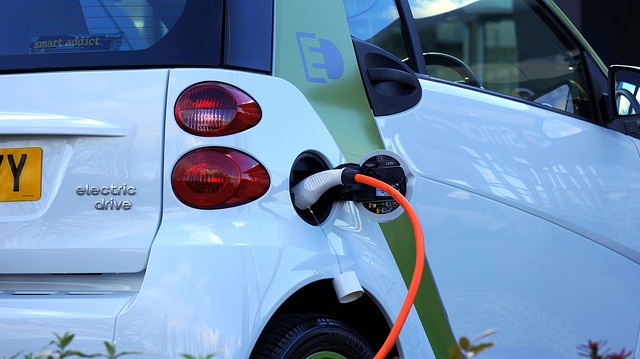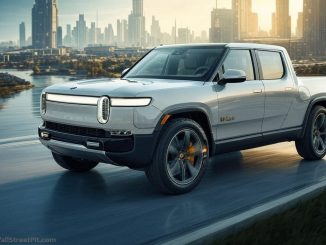
Rivian (RIVN), the electric vehicle startup once hailed as a potential Tesla (TSLA) rival, faced a significant setback on Friday as it announced a drastic reduction in its full-year production forecast.
The company, grappling with a parts shortage and a slowdown in electric vehicle demand, delivered fewer vehicles in the third quarter than analysts had anticipated. This news caused Rivian’s shares to plunge more than 9% and below the $10 level in premarket trading, further extending the stock’s year-over-year decline to over 54%.
The parts shortage, which began affecting Rivian’s R1 SUV and R1T pickups, as well as its delivery vans, in the third quarter, has intensified in recent weeks. As a result, the company has slashed its full-year production forecast to between 47,000 and 49,000 vehicles, down from its earlier projection of 57,000. This revision means Rivian now expects to produce fewer vehicles than it did last year, a concerning trend for investors and industry watchers alike.
The challenges faced by Rivian are not unique in the current economic climate. High interest rates have led many American consumers to opt for cheaper hybrid vehicles, impacting the entire electric vehicle industry. Even industry leader Tesla recently missed its quarterly delivery estimates, highlighting the broader market pressures.
Despite these headwinds, Rivian is taking steps to adapt. The company temporarily closed its sole manufacturing facility in Normal, Illinois, for three weeks in April to streamline its production process and reduce costs. Such moves are crucial as Rivian aims to weather the demand slowdown, increase production of its R1 models, and prepare for the launch of its smaller R2 models in 2026.
In a positive development, Rivian announced that for the quarter ending September 30, 2024, it produced 13,157 vehicles and delivered 10,018 during the same period. The company also reaffirmed its annual deliveries forecast of 50,500 to 52,000 vehicles for the year, though this still falls short of analysts’ expectations of 53,491. The company’s partnership with Volkswagen, which includes a potential $5 billion investment, could provide a much-needed boost to Rivian’s cash reserves and help it achieve its goal of turning cash-flow positive.
The road ahead for Rivian, which also announced that on November 7, 2024, after market close, it will release its third quarter 2024 results, remains challenging, but not insurmountable.
With plans to achieve its first gross profit in the last quarter of 2024, the company is clearly focused on long-term sustainability. However, the current production setbacks and market conditions serve as a stark reminder of the volatile nature of the electric vehicle industry and the numerous obstacles startups face in their quest to disrupt the automotive landscape.
h/t Reuters
- Bulenox: Get 45% to 91% OFF ... Use Discount Code: UNO
- Risk Our Money Not Yours | Get 50% to 90% OFF ... Use Discount Code: MMBVBKSM
Disclaimer: This page contains affiliate links. If you choose to make a purchase after clicking a link, we may receive a commission at no additional cost to you. Thank you for your support!


Leave a Reply